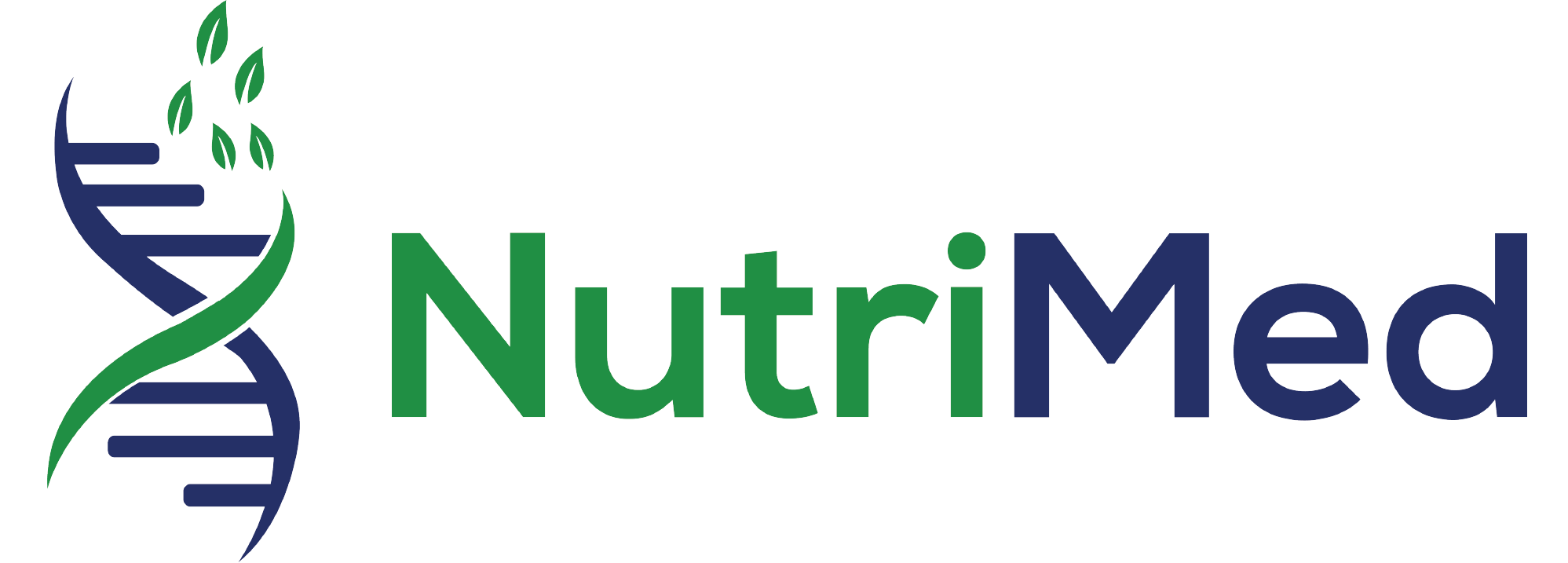Depression
Depression
Depression is a common but serious mood disorder characterized by persistent feelings of sadness, hopelessness, and a lack of interest or pleasure in activities. It affects how you feel, think, and handle daily activities.
Types of Depression
- Major Depressive Disorder (MDD): Severe symptoms that interfere with daily life.
- Persistent Depressive Disorder (PDD): Depressed mood lasting for at least two years.
- Bipolar Disorder: Includes episodes of depression and mania.
- Seasonal Affective Disorder (SAD): Depression during specific seasons, typically winter.
- Postpartum Depression: Depression occurring after childbirth.
Symptoms
- Emotional Symptoms: Persistent sadness, hopelessness, irritability, and feelings of guilt or worthlessness.
- Physical Symptoms: Changes in appetite and weight, sleep disturbances, fatigue, and unexplained aches and pains.
- Cognitive Symptoms: Difficulty concentrating, making decisions, and remembering things.
- Behavioral Symptoms: Withdrawal from social activities, loss of interest in hobbies, and thoughts of death or suicide.
Diagnosis
Diagnosing depression involves a thorough evaluation by a healthcare provider, which may include:
- Medical History: Reviewing symptoms, family history, and any existing medical conditions.
- Physical Examination: To rule out other potential causes.
- Psychological Assessment: Questionnaires and interviews to evaluate the severity and impact of symptoms.
- Diagnostic Criteria: Using guidelines from the Diagnostic and Statistical Manual of Mental Disorders (DSM-5).
Causes
- Genetics: A family history of depression can increase the risk.
- Brain Chemistry: Imbalances in neurotransmitters like serotonin, norepinephrine, and dopamine.
- Hormonal Changes: Changes in hormone levels, such as during pregnancy or menopause.
- Environmental Factors: Stressful life events, trauma, and chronic stress.
- Medical Conditions: Certain illnesses and medications can contribute to depression.
Managing Depression:
- Lifestyle Changes: Regular exercise, a balanced diet, adequate sleep, and reducing alcohol and caffeine intake.
- Therapy: Cognitive Behavioral Therapy (CBT), interpersonal therapy, and psychodynamic therapy can be effective.
- Medication: Antidepressants like SSRIs, SNRIs, and MAOIs may be prescribed by a doctor.
- Dietary Supplements: Supplements such as omega-3 fatty acids, vitamin D, and St. John’s Wort might help. Always consult a healthcare provider before starting any supplement.
- Neurofeedback: A non-invasive therapy that monitors brain activity and provides real-time feedback to help regulate brain function.
- Mindfulness and Relaxation Techniques: Meditation, yoga, and deep breathing exercises can help manage symptoms.
When to Seek Help: If depression significantly impacts your daily life, work, or relationships, it’s important to seek professional help. A healthcare provider can recommend appropriate treatment options tailored to your needs.
